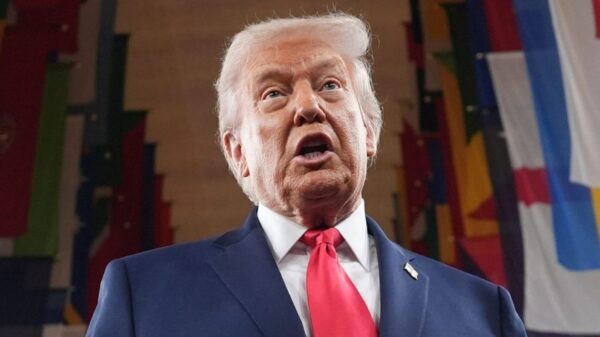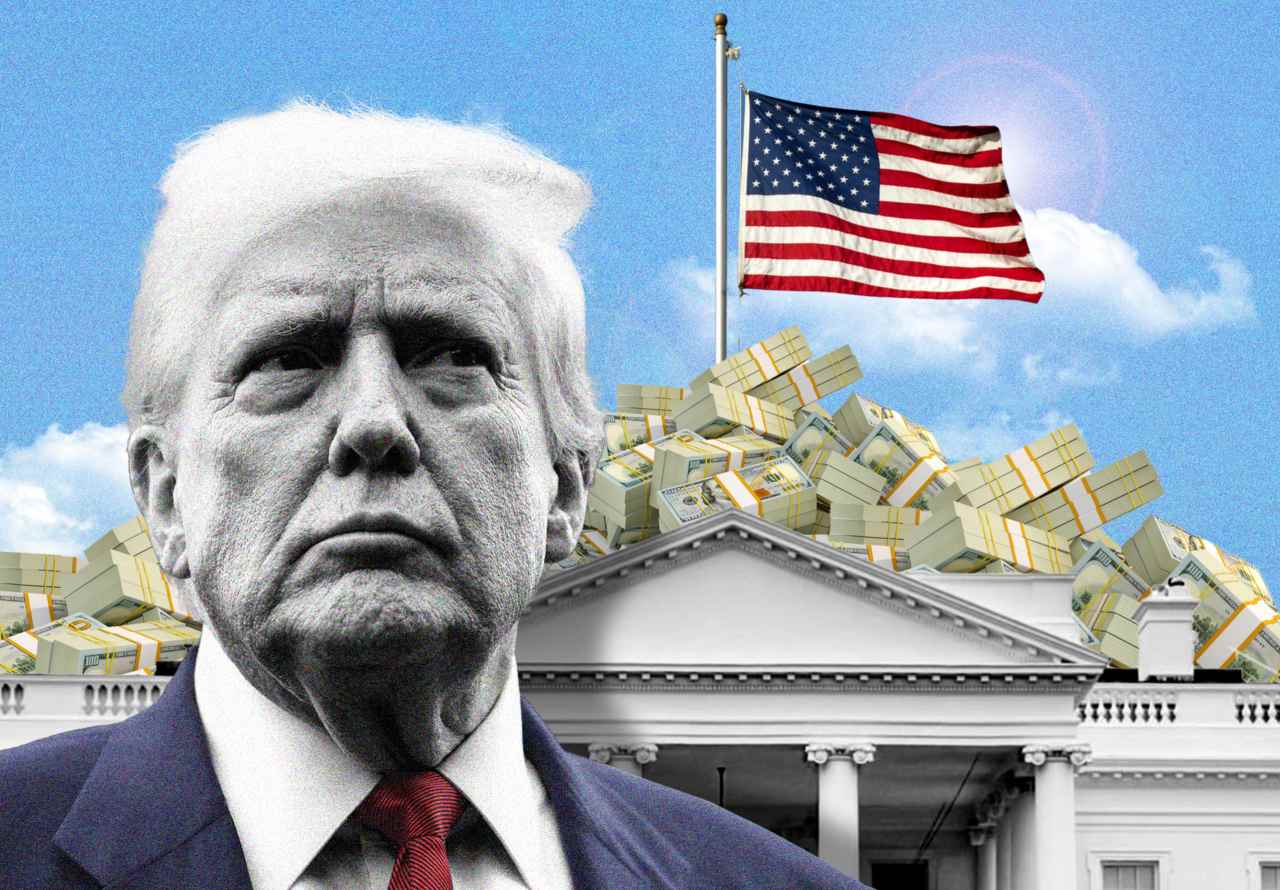UPDATE: The Trump administration has just announced a controversial new deal with Nvidia that could reshape how businesses operate in America. This move is drawing fierce criticism, as it effectively turns export controls into a corporate tax, raising concerns among investors and stockholders alike.
The implications of this deal are immediate and profound. As of today, companies will need to navigate a complex new landscape to conduct business in the U.S., potentially impacting their bottom lines. Analysts warn that stockholders should brace for volatility as firms adapt to these new financial pressures.
WHAT JUST HAPPENED: In a bold shift, the Trump administration is leveraging export controls to create an environment where companies may feel compelled to “pay to play.” This strategy could open the floodgates for increased operational costs and regulatory hurdles, making it tougher for businesses to thrive.
The announcement came during a press briefing held earlier today, where officials emphasized that the new requirements aim to protect national interests. However, critics argue that this approach could stifle innovation and drive companies to reconsider their investments in the U.S. market.
WHY THIS MATTERS NOW: Investors are already feeling the effects. Companies like Nvidia, which reported a surge in stock prices over the past month, may face pressure to absorb these new costs. Analysts predict that the financial impact could ripple through the tech sector, affecting everything from stock valuations to employment rates.
KEY DETAILS: The Trump administration’s decision comes amidst growing scrutiny over how export restrictions are implemented. As of now, specific numbers on how much companies may need to pay or how these controls will be enforced remain unclear. However, industry leaders are urging swift clarification to avoid further market disruptions.
WHAT TO WATCH FOR: As this story develops, investors are advised to keep a close eye on stock performance, particularly in the tech sector. Analysts will be monitoring how companies respond to these new challenges and whether they can maintain profitability amidst heightened regulatory scrutiny.
This evolving situation touches on broader themes of corporate governance and economic policy, highlighting the delicate balance between national security and business interests. Stakeholders are urged to stay informed as more details emerge, particularly regarding the potential long-term implications of this deal.
Social media reactions to the announcement are already heating up, with many users expressing frustration over the perceived corporate tax implications. As the conversation unfolds, it’s clear that this development has the potential to reshape business dynamics in America significantly.
Stay tuned for more updates on this urgent story as it develops.








































































